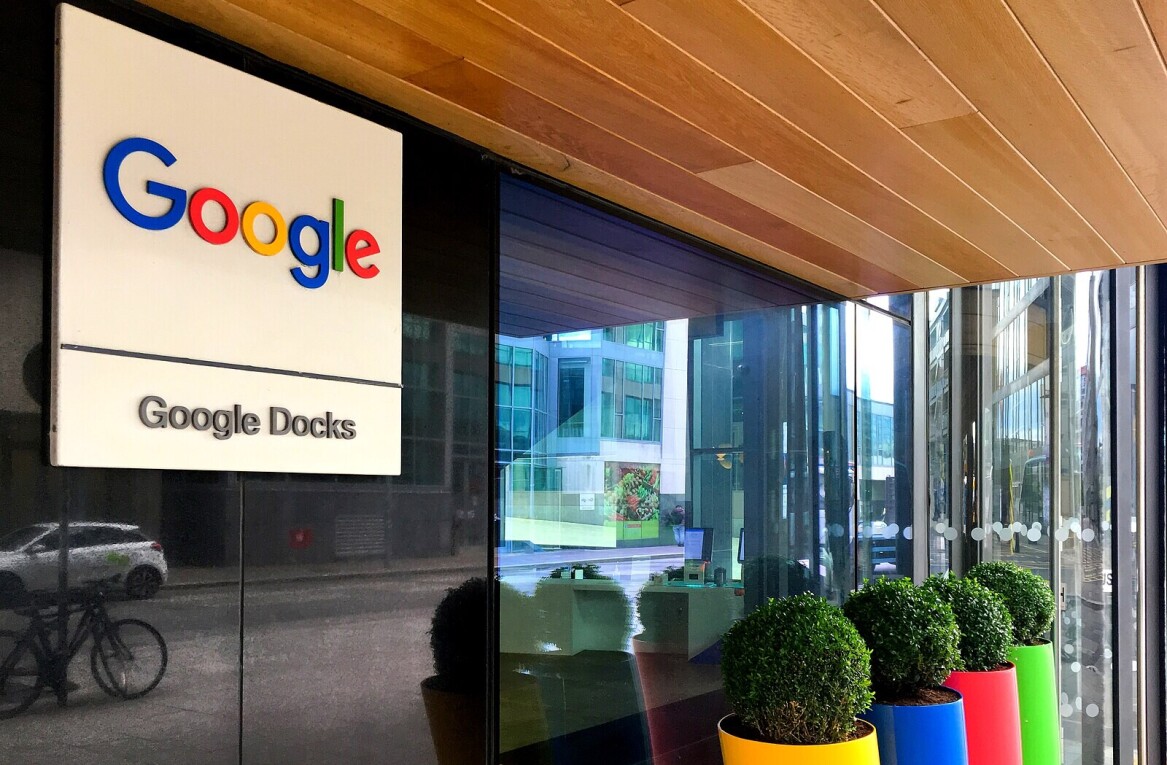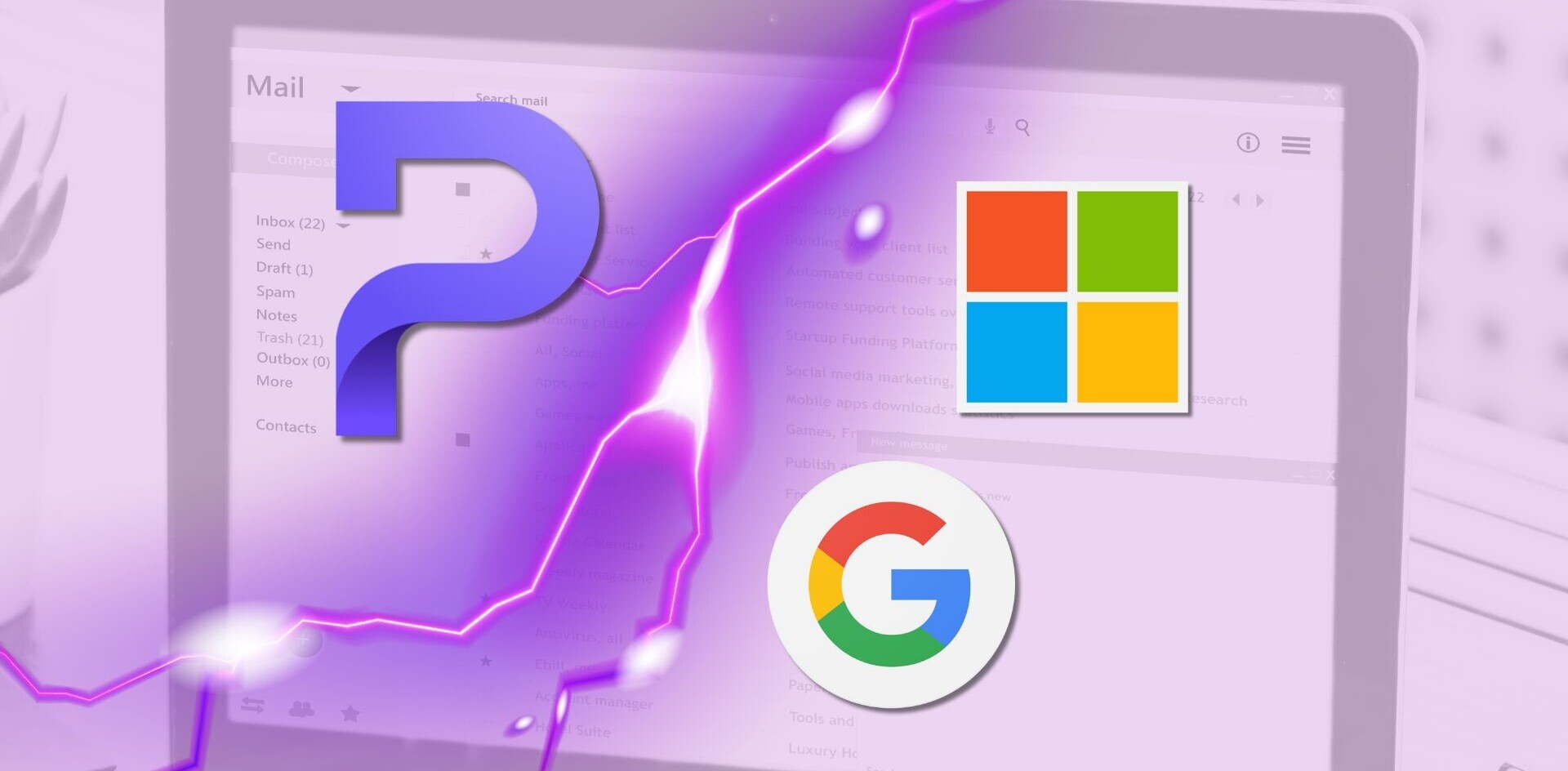
Google today announced it is dropping Netscape Plugin Application Programming Interface (NPAPI) in Chrome. The company will be phasing out support over the coming year, starting with blocking webpage-instantiated plugins for Chrome in January 2014.
Google has looked at anonymous Chrome usage data and estimates that just six NPAPI plug-ins were used by more than 5 percent of users in the last month. To “avoid disruption” (read: attempt to minimize the confusion) for users, Google will temporarily whitelist the most popular NPAPI plugins (the built-in Flash plugin and PDF viewer are unaffected because they don’t use NPAPI):
- Silverlight (launched by 15 percent of Chrome users last month).
- Unity (9.1 percent).
- Google Earth (9.1 percent).
- Java (8.9 percent, but already blocked for security reasons).
- Google Talk (8.7 percent).
- Facebook Video (6.0 percent).
Users and enterprise administrators will be able to whitelist specific plug-ins but this is just temporary. Google wants to completely remove NPAPI support from Chrome “before the end of 2014, but the exact timing will depend on usage and user feedback.”
The Chrome Web Store will also be phasing out NPAPI support. Google today has stopped accepting apps and extensions containing NPAPI-based plugins and is letting developers update their existing NPAPI-based projects until May 2014.
At that point, they will be removed from the Web Store home page, search results, and category pages. In September 2014, all existing NPAPI-based apps and extensions will be unpublished permanently, although existing installations will continue to work until Chrome fully removes support for NPAPI.
Here is the company’s reasoning for killing off NPAPI support:
Today’s browsers are speedier, safer, and more capable than their ancestors. Meanwhile, NPAPI’s 90s-era architecture has become a leading cause of hangs, crashes, security incidents, and code complexity.
Google also adds that NPAPI isn’t supported on mobile devices, and that’s where the world is going. Furthermore, Mozilla plans to block NPAPI plug-ins in December 2013.
Top Image Credit: casasroger/Flickr
Get the TNW newsletter
Get the most important tech news in your inbox each week.
This post is brought to you by Shutterstock – over 30 million stock photos, illustrations, vectors, and videos.






